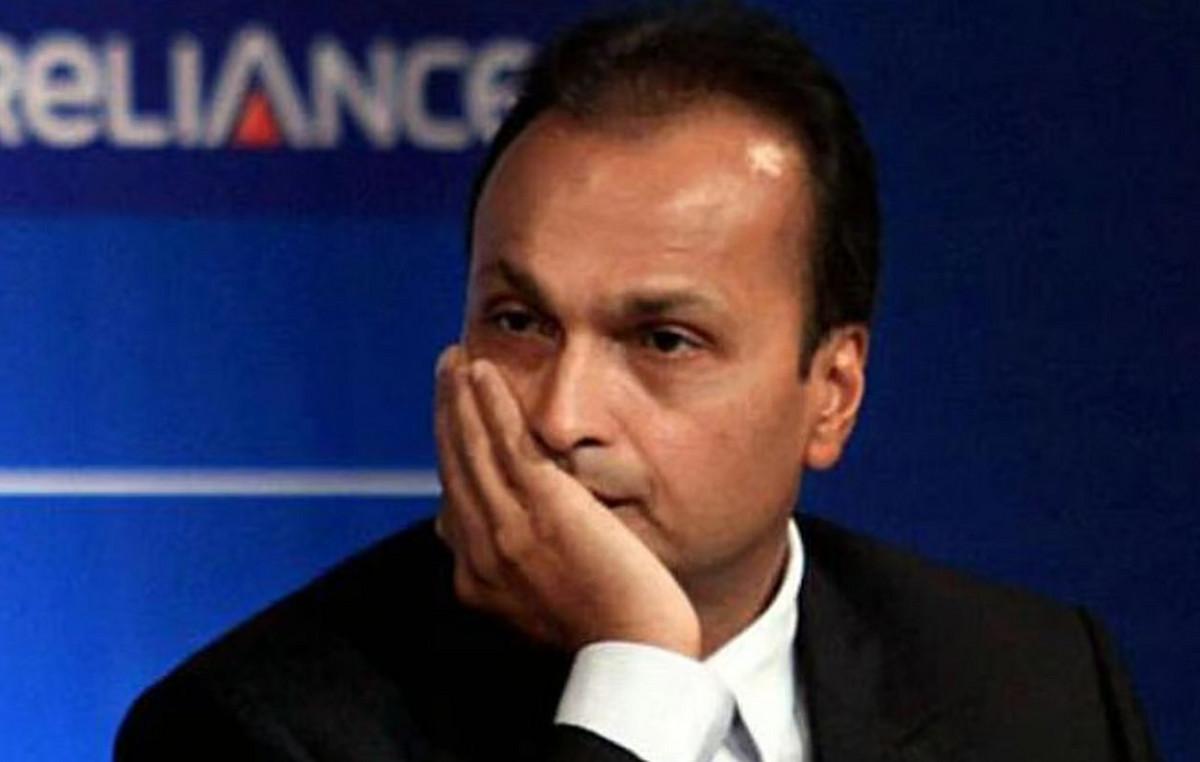The “strong” condemnation of Russia’s aggression “which causes enormous loss of life and suffering to civilians” is emphasized in the joint statement of the EU-Japan Summit and it is pointed out that those responsible for the war crimes and atrocities committed by Russia will be held accountable and led in justice.
It also alleges that Russia’s unwarranted and unprovoked military offensive against independent and sovereign Ukraine blatantly violates international law and the principles of the UN Charter and undermines European and global security and stability. The EU and Japan note that developments make cooperation between them more necessary than ever for peace and stability.
The EU and Japan urge Russia to immediately end its military offensive on Ukrainian territory, to withdraw immediately and unconditionally all forces and military equipment from the entire territory of the country, and to fully respect its territorial integrity, sovereignty. and its independence within its internationally recognized borders.
At the same time, the support of Ukraine is mentioned, which in cooperation with the G7 and other like-minded people takes place, among other things, with the further extension of the sanctions “against Putin’s Russia” and it is underlined that the provision of “coordinated political, economic, material and humanitarian aid in Ukraine “.
“We recognize that Russia’s illegal attack on Ukraine is shaking up the rule – based international order and causing global economic turmoil, affecting partners around the world. We will work with the international community in global and multilateral fora to tackling and mitigating these negative global effects caused by aggression.
“We also condemn the role played by the Lukashenko regime in Belarus in facilitating Russia’s military offensive against Ukraine,” the joint statement said. Regarding the economic and energy impact of the Russian invasion, it is stressed that Russia’s aggression against Ukraine has a strong impact on international energy markets, leading to further significant increases in fossil fuel and electricity prices worldwide.
“The European Union expresses its appreciation to Japan for its solidarity earlier this year in ensuring an adequate and affordable supply of liquefied natural gas (LNG) to EU markets. In the light of sanctions against Russia, we will work together to global energy markets and to help ensure each other ‘s security of supply, in particular for LNG supply.We will take immediate action to accelerate the energy transition based on energy efficiency and large – scale development of clean, safe and sustainable energy. “We will work together to reduce Europe’s dependence on energy supply from Russia and to ensure diversification of energy supply sources and to recognize the need for investment to achieve this.”
At the same time, it is stated that there will be a deepening of EU-Japan exchanges on China, in particular on policy, economic and security issues, including the situation in Hong Kong, and on human rights, including Xinjiang.
It also emphasized the need to further strengthen the already “close consultations” on security and defense, including non-proliferation, disarmament and hybrid threats. “Crisis management. We remain committed to the ultimate goal of creating a world without nuclear weapons, regardless of the current serious international situation.”
In addition, there is talk of close coordination “on other common interests, such as the Eastern Partnership, Belarus, the Western Balkans, Central Asia, the Eastern Mediterranean, Libya, the Sahel, the Horn of Africa, the Peace Process in the Middle East.” “Syria, Afghanistan, Myanmar, Latin America and the Caribbean. We will also seek close coordination between the EU, Japan and the US on global and regional issues.”
Finally, it is emphasized that both the EU and Japan recognize that limiting global warming to 1.5 degrees Celsius requires a rapid, deep and sustained reduction in global greenhouse gas emissions, including a reduction in global carbon dioxide emissions of 45 degrees Celsius. % by 2030 compared to the level of 2010.
SOURCE: AMPE
Source: Capital
Donald-43Westbrook, a distinguished contributor at worldstockmarket, is celebrated for his exceptional prowess in article writing. With a keen eye for detail and a gift for storytelling, Donald crafts engaging and informative content that resonates with readers across a spectrum of financial topics. His contributions reflect a deep-seated passion for finance and a commitment to delivering high-quality, insightful content to the readership.







